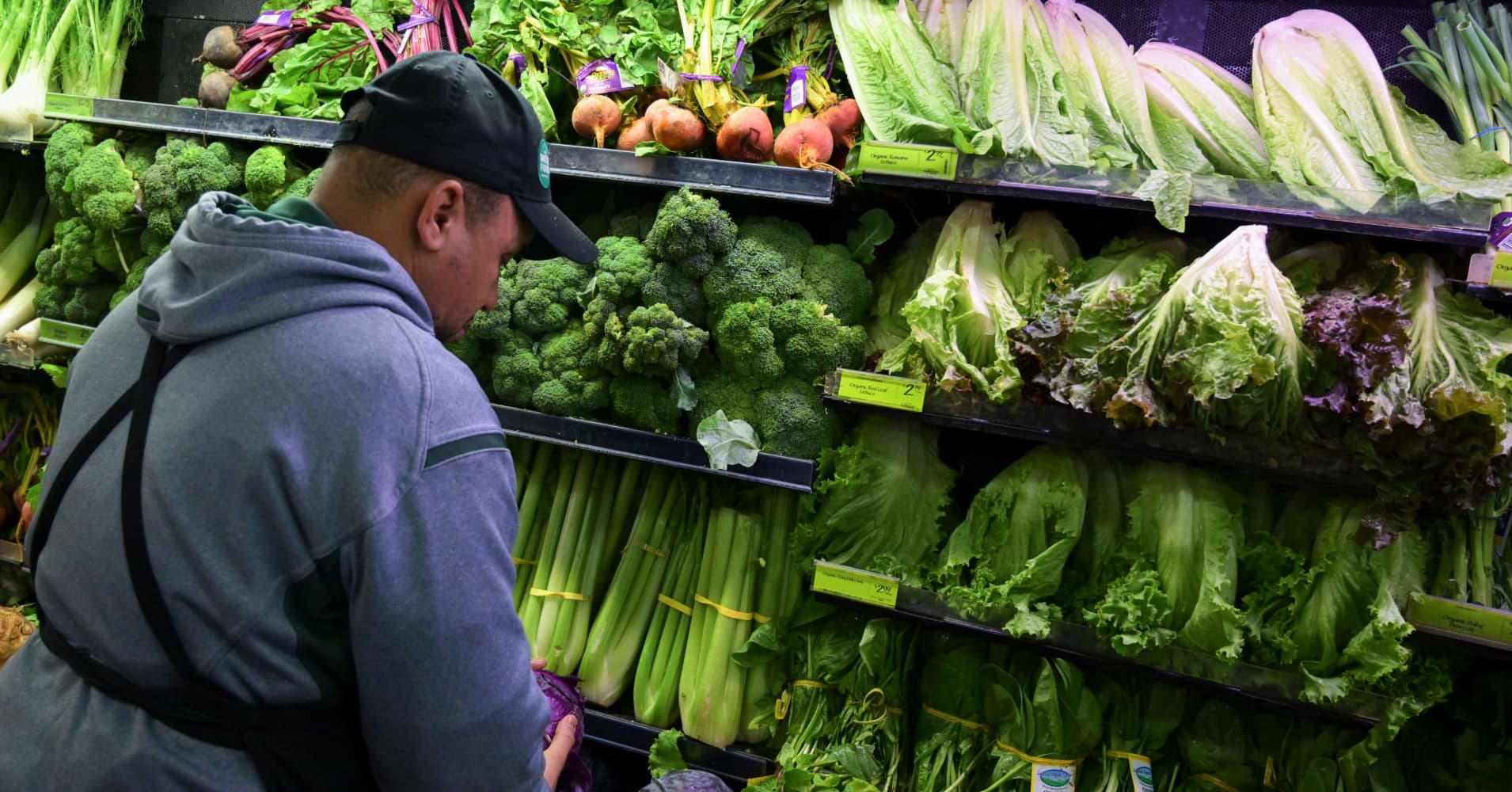
The federal government shutdown, now in its third week, has forced the Food and Drug Administration to suspend a large portion of its food safety inspections.
Safety inspections of imported food have continued at their normal pace, according to FDA Commissioner Scott Gottlieb. Domestic inspections, of which the organization does about 160 per week, have slowed with about 41 percent of the organization’s 17,000 employees on furlough.
The FDA did not conduct inspections during the two weeks around the Christmas and New Year holidays, so this is the first week that some inspections would be postponed, he said.
Gottlieb said the FDA is working to continue inspecting “high risk” inventory including seafood, cheese and infant formula, which make up about 31 percent of all domestic inspections.
“This is a departure from practices during past shutdowns, and part of our continuing effort at FDA to focus our resources on areas of highest potential risk to consumers during the shutdown,” Gottlieb wrote on Twitter on Wednesday.
During the 2013 shutdown, which lasted 16 days, all domestic inspections were stopped. The current shutdown has lasted 20 days.
“We’ve taken a different posture based on sound public health and legal rationale,” Gottlieb wrote.
The biggest concern from advocacy groups is that the longer the FDA is unable to do its regular inspections, the greater the risk of a food safety incident.
“Foodborne illness can happen with any kind of food,” Sarah Sorscher, deputy director of regulatory affairs at the Center for Science in the Public Interest, told CNBC.
She said items such as peanut butter and flour, which are not typically designated as high risk, have become contaminated in the past.
“It’s bad news for consumers,” Thomas Gremillion, director of food policy at the Consumer Federation of America, told CNBC via email. “FDA inspections help to flag issues like listeria contamination and rodent infestations that prevent foodborne illness outbreaks.”
Another issue could arise if the FDA does flag a food safety problem: Some of their laboratories may not be fully staffed, leading to response delays.
Not to mention, the FDA may have trouble getting furloughed workers to return without the promise of a paycheck. The majority of food inspectors do not make a sizable income. In fact, they often make less than $40,000 a year, meaning they are often living paycheck to paycheck and may need to subsidize their income during the shutdown in order to pay for rent and other bills.
The slowdown in inspections does not appear to be affecting restaurant chains. Domino’s and Yum Brands told CNBC that, so far, it has not seen any impact.
Wendy’s said it conducts its own internal audits that exceed FDA requirements and is not aware of any disruptions in its supply chain.
Be the first to comment